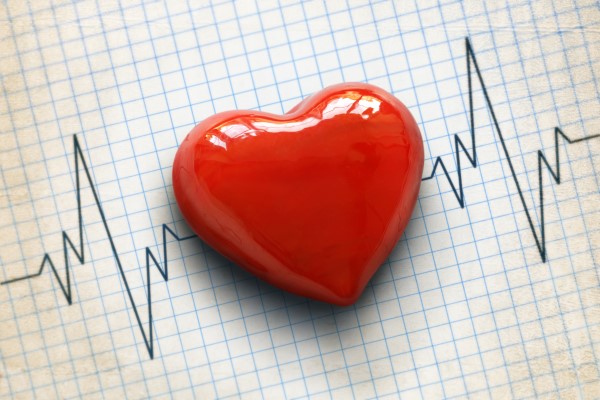Common Interventional Cardiology Treatments

If you have never heard about interventional cardiology, you should start learning more. This field of medicine may benefit your heart health at some point. If you currently have cardiac issues, your doctor can refer you to this department. Through minimally invasive techniques, you can get an accurate diagnosis and effective treatment for your ailments.
At-risk patients
Heart disease kills more people in the United States than anything else. Other heart problems such as arrhythmia are common among people of all ages. Some people are born with heart conditions, but other individuals bring these issues on themselves. Obesity plays a significant role in cardiovascular disease. Also, people who eat foods high in fat, sugar and salt tend to have higher blood pressure and buildup in their arteries. Lack of exercise is another common risk factor in developing heart problems.
Embolic protection
Narrow arteries restrict blood flow to and from the heart. To repair this, the interventional cardiology doctor may use a procedure called embolic protection. This keeps plaque from breaking off artery walls and entering the patient’s bloodstream. This is a common technique if there is any blockage in the carotid artery.
Angioplasty
With this procedure, the doctor in the interventional cardiology department will insert a narrow tube into the patient’s blood vessel. This usually goes through the person’s arm or leg. The catheter has a balloon at the end, which inflates to widen the arteries. This improves blood flow. Along with this, the doctor will put a stent in the artery. This helps keep it open after the doctor finishes the angioplasty.
Atherectomy
This procedure removes plaque from the artery walls. By doing this, blood can flow more freely throughout the patient’s body. This process also takes place in the interventional cardiology department. The doctor may use a laser catheter to destroy the plaque. Other doctors attach a rotary shaver to the end of the catheter. As the catheter moves throughout the arteries, it will get rid of any buildup.
Valve repair
If one or more of the heart’s valves suffer damage, invasive surgeries may not always be necessary. In the interventional cardiology department, doctors can send clips to the valve with the help of a catheter. The doctor can then have access to the valve and make the necessary repairs. Blood is then able to move more effectively.
A combination of treatments in interventional cardiology
In some situations, the doctor may use multiple methods to diagnose and treat the patient. Each of these is minimally invasive. The patient should not have to stay at the hospital overnight. The interventional cardiologist will determine which procedures to use and in what order.
Start feeling well again
Dealing with heart problems can affect your day-to-day life. It may be difficult to go to work or even accomplish routine tasks. Thankfully, you can find relief. At the hospital interventional cardiology department, knowledgeable doctors are ready to help manage the symptoms of heart disease and other issues. You can avoid lengthy surgeries with effective catheter-based processes.a
Get more information about Florida Premier Cardiology in Delray Beach at https://floridapremiercardio.com.
Check out what others are saying about our services on Yelp: Read our Yelp reviews.
Recent Posts
Leg spider vein treatment is a popular solution for those wanting to address unsightly or uncomfortable veins on the legs. These small, web-like clusters of veins are often red, blue, or purple and are typically harmless but can cause cosmetic concerns or discomfort. Leg spider vein treatment from a cardiologist can help reduce or eliminate…
A cardiologist provides essential care for those experiencing chest pain, helping to identify, diagnose, and manage conditions related to the heart and blood vessels. Although chest pain may feel alarming, not all causes relate to the heart. A thorough evaluation by a cardiologist ensures diagnosis and appropriate treatment, which is vital for both peace of…
Heart disease is one of the leading causes of death worldwide. A coronary stent is a small, metal mesh tube that is placed into narrowed or blocked coronary arteries to restore proper blood flow. This medical device can help prevent heart attacks and reduce the symptoms of coronary artery disease. By keeping the arteries open…
When symptoms of cardiovascular disease arise, seeking timely medical intervention can make a significant difference. Angioplasty is a procedure designed to restore blood flow in blocked or narrowed arteries, helping to prevent serious complications such as heart attacks. Understanding the reasons why a cardiologist may recommend this procedure can provide clarity and confidence when making…


